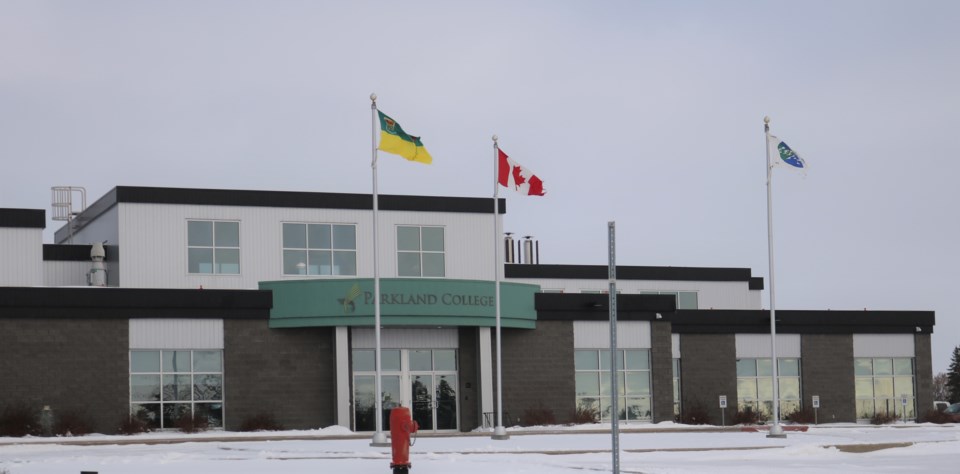YORKTON - When a long term problem exists it often requires a bit of creative new thinking to solve.
That is perhaps one element which has been missing from health care over the last number of years. We know there are staffing shortages in a number of areas, both geographically and by job description.
The question of how best to fill those positions however has seemed to elude the system more often than not.
Of course ultimately there are only two avenues to finding staff to fill spots, you either poach them from another jurisdiction – often recruiting from abroad – or, you train more people here.
Training more people of course takes time, and there has to be the capacity as well.
There is little you can do to speed training, but you can add training spots, if there is the will to undertake added training, and of course the dollars to do it.
Both the will and the dollars however, have seemed in short supply at times.
So new ideas in training are an avenue which make a lot of sense to look into.
That is what makes a new Parkland College Medical Laboratory Assistant (MLA) Applied Certificate program set to launch in Yorkton starting in the fall of 2023, so intriguing.
There are a couple of aspects to this undertaken which make a lot of sense.
The first is that it is a partnership between the Health Foundation of East Central Saskatchewan and Parkland College.
The Health Foundation has donated an astounding $200,000 to cover the medical equipment needed for a new training lab at Parkland College.
This is the local health organization recognizing a need here.
“There are staff issues in Kamsack, and we need people in the lab here (Yorkton), and in Melville,” said Fisher.
The situation is one where certain lab services in the regional hospital were even transferred to Regina citing staff issues that have yet to be fully rectified.
The initial fill for the upcoming, year-long, course could all be absorbed into regional health facilities upon graduation.
And of course that is the second aspect of the program which is so enticing.
The ability of students to stay closer to home for education is always a good thing.
But, when you are training local people, with the potential of a local job at the end of that training, suddenly you have some ability to address staff shortages here, without hoping to attract people from half a province, or half a world to Kamsack or Melville.
The new training course will hopefully be something of a test case. If it works for training Medical Laboratory Assistants, then why not other medical staff where there are shortages today, or known to be on the horizon?
The course is certainly innovative in concept and could open the door to much more locally focused health care training.







